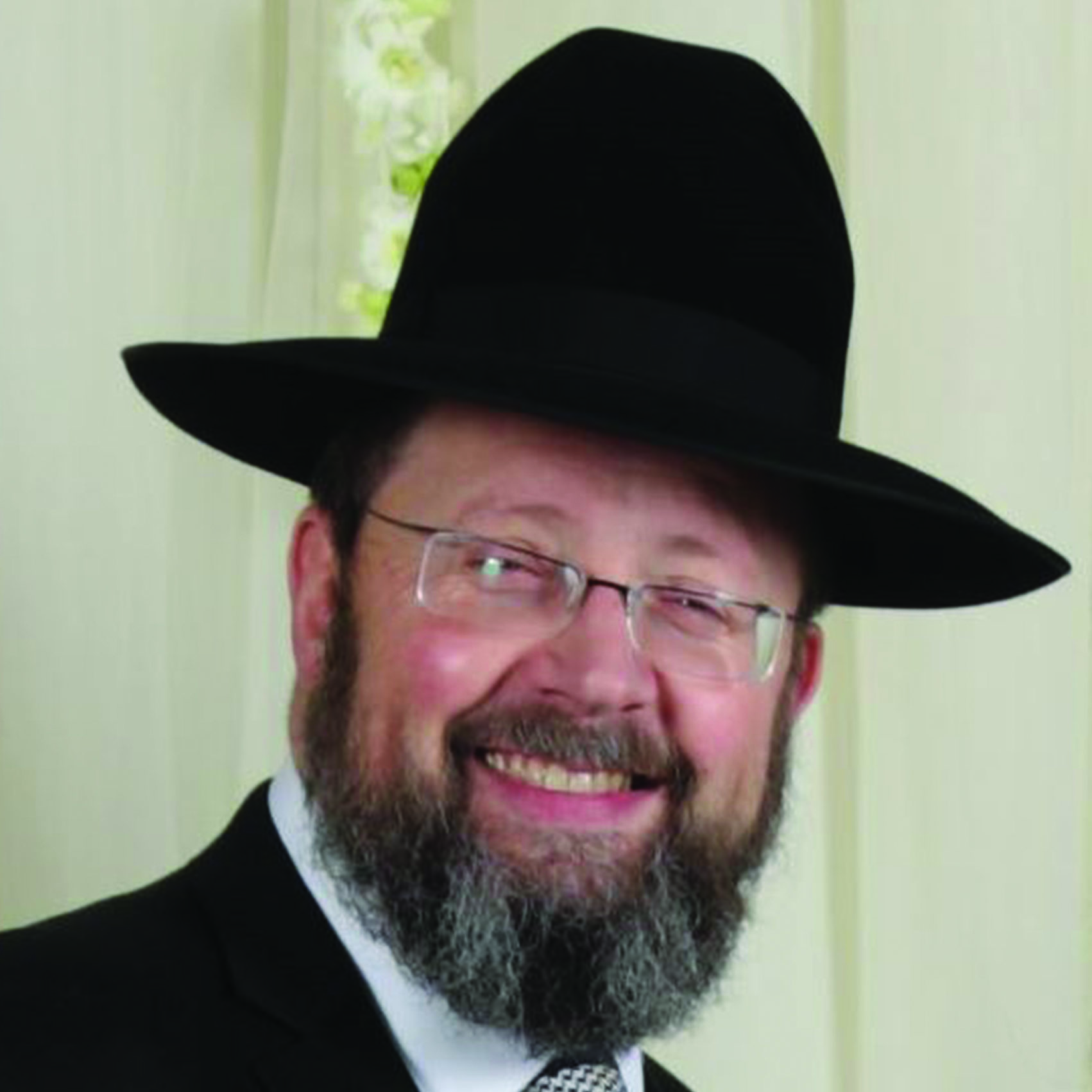Vacation Lights

A Jew in the Diaspora must be respected, but we must earn and deserve this respect

D
uring this vacation season while we are away from home, I have been playing a game with my children which has become not only a source of amusement, but of education as well. The kids challenge me to strike up conversation with any random individual they choose. You can well imagine that their choices tend to be quite eclectic, and the results are thus both humorous and edifying.
Last week we traveled to Acadia National Park, in Maine. After marveling at the breathtaking sights we searched for a picnic table for dinner and found one in a mobile home park. In the spirit of our little game, I knocked on the door of the nearest mobile home to strike up a schmooze. Answering the door was a burly, white haired, ponytailed and bearded individual who was quite surprised to find a smiling rabbi greeting him.
The conversation went splendidly and included a brief tour of his domicile. In no time I discovered that I was talking to a best-selling writer who authored the classic Labrador for Dummies – a must read for every Labrador owner, which I admittedly am not.
Our little exchange highlighted several spiritual benefits afforded by the bein hazemanim vacation period.
During the year our schedule limits us. We awake at a fixed time, we commute at a fixed time, and we’re at our desks at a fixed time. The routine takes hostage not only of our time but also our perspective. We live a certain way and think a certain way. Vacationing gets us un-stuck. By exposing us to novel environments, it refreshes our perspective.
I, for example, have recently met a man who lives in his mobile home year-round, half the year in Maine and half the year in Maryland. He just drives his “bus” from place to place. Imagine his mindset. He is likely to consider the physical trappings of his existence as being less “real” than its ideals. For him, his place is where he is; not what he has. Spirituality must come easier to one whose home lacks foundations set deeply into the ground. This brings fresh understanding to the Chasam Sofer’s comment on the verse, “sham yashavno gam bachinu.” Klal Yisrael’s pain was deeply aggravated when they realized they had struck roots -- yashavnu -- in the Diaspora. Hence, gam bachinu -- they cried even more. Although this vort is not new, seeing someone actually living it out brings the concept to a new level.
Vacationing also provides us with opportunities to serve as Hashem’s ambassadors. The relationship between Jew and non-Jew is fraught with tension. On one side, we have the Navi Yeshayahu’s mandate, to be “a light onto the nations.” The Netziv highlights this mission in a comment to Parshas Shelach: After the Sin of the Spies, the verse states, “Hashem’s Glory will fill the entire Earth.” The transgression of the spies resulted in a guaranteed Diaspora, as Hashem’s Glory could no longer be realized through Jews living in their homeland. Instead, His Glory fills the entire world by Jews migrating to all lands and serving as His ambassadors. Yet Chazal set strict parameters to the interaction between Jew and non-Jew. No shared cooking, drinking or socializing.
In interpreting this fine balance, I believe our society has swung too far to one side. Too often our attitude seems to be “Us versus Them,” or at best, one of apathy. We are well aware of the necessary boundaries, but are not sufficiently cognizant of our divine mission.
I believe the relationship should be leading by example. Think of this parable. You are a student of an elegant, yet somewhat unapproachable teacher. You admire him from a distance. He serves as an example of the level to which man can aspire. His behavior is measured yet friendly. His life appears to have clarity, and his family seems wholesome. In his interactions with you, he is paternal. He cares for you and your needs but there is no thought to reciprocate. He is independent and does not really need your care. Though his distance could be perceived as manifesting a feeling of superiority, you see it as a natural elegance. There is indeed something special about him. Because you appreciate him from a distance, you also appreciate your ignorance of the trivial details of his life. But what would happen if you discover that he is actually dishonest or callous? Your attitude would change drastically. You would now see his aloofness not as elegance but as exploitive. His care for you is now longer paternal, but sickeningly patronizing. You think, “By what right does he think he is better? He is worse!” And perhaps you would be right.
That, I believe, is the position of a Jew in Diaspora. We must be respected but we must earn and deserve this respect. We must maintain a distance, but this distance should not be perceived as intentional, arrogant and standoffish; rather, it is the natural consequence of being unique and special. Vacationing affords us the capacity of being viewed in this positive light. Let us seize the opportunity and lead by example. Kol tuv!
Originally featured in Mishpacha Issue 320
Rabbi Avrohom Neuberger is a Maggid Shiur at Yeshiva Gedolah of Bridgeport, a writer for the Artscroll Shas (Bavli and Yerushalmi), and serves as Rav of Congregation Shaarei Tefillah of New Hempstead.
Oops! We could not locate your form.








Comments (0)